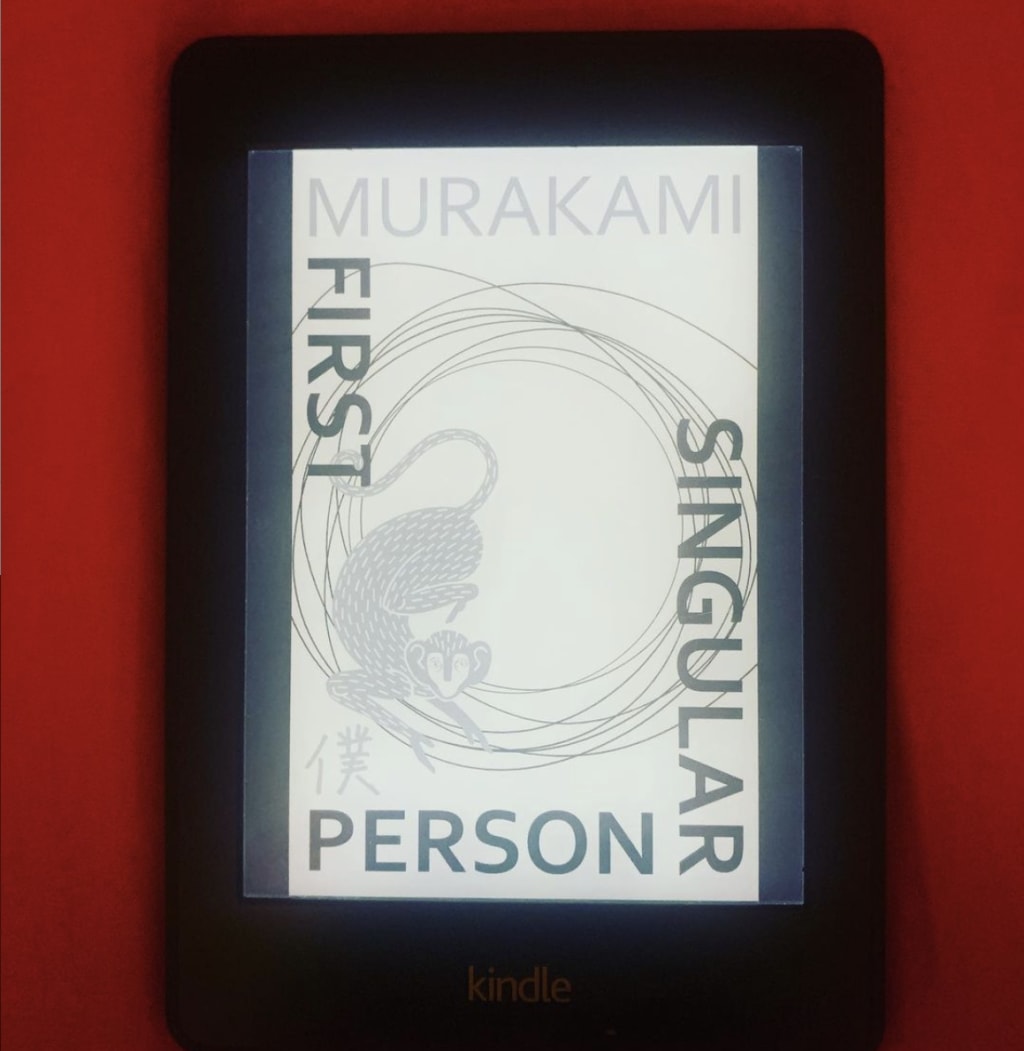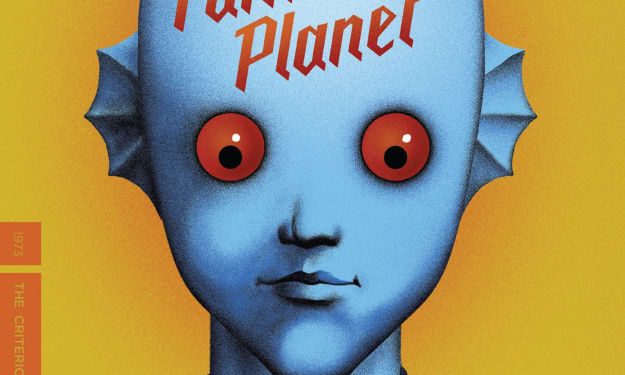Book Review: "First Person Singular" by Haruki Murakami
5/5 - an expressive recollection of memories and connections...

In my time on this planet, I have read a hell of a lot of Haruki Murakami from his older books all the way down to keeping up with his newer books that have since been released. The first Murakami novel I ever read was “Kafka on the Shore” when I was sixteen. After that, I read the book that I consider to be my favourite Murakami novel: “After Dark” (don’t worry, I know a lot of people don’t like that one but I thought it was so cool, I even based a piece of coursework on it that I did when I was eighteen). I have since read “1Q84” and “Hard Boiled Wonderland and the End of the World”. I read “Colourless Tskuru Tazaki” when it was first released and after that, I learnt that “Norwegian Wood” had existed for years and years without my knowledge. “Wind Up Bird Chronicle” and “Sptunik Sweetheart” were also among my favourites but I think that my favourite short story collection by him so far has been “The Elephant Vanishes”. I remember feeling almost empty after finishing that book, as if it had some sort of profound effect on me. The final novel before this one that I read was “Killing Commendatore” - which again, I bought on the day it was released.
“First Person Singular” is yet another book of short stories, each with a narrator with his own personality and yet, with something in common: some sort of dissatisfaction is holding them back. There is something that they are not entirely satisfied with and it seems to be eating their souls. In the first story, “Cream” - the narrator is dissatisfied with the fact that his parents have said he must try a university examination, he knows he won’t get in. Between this, a girl who plays the piano and an old man musing about a circle without a circumference - this story is pure Murakami. Another story I paid great attention to was “With the Beatles” - named after the Beatles’ album, this story is about a girl whom the narrator knows he cannot yield. From a dissatisfaction concerning his position in a relationship with her to meeting her brother and reading him a story, this narrator catches various moments in which he cannot put himself above this woman. But he must or he may stay dissatisfied even long after the relationship is over when brought news some eighteen years’ later.
With the themes of memory that pervade stories such as “With the Beatles” and “First Person Singular”, this book concentrates on how human connection is based on shared memories that we have of things we have not actually shared: events we were at during the same time but we did not know each other, music we have grown up with (especially classical, jazz, the Beatles and Charlie Parker) and even the way in which we meet people through moments - we meet them once and never see them again or we meet them several times and develop connections to them. One thing Murakami is brilliant at is making the whole thing very realistic whilst also interspersing these moments that feel almost dream-like - like in “Charlie Parker Plays Bossa Nova” where the narrator has no idea whether it is a dream or whether it is reality. The theme of memory and false memory can create this almost unreliability in the narrator in which the reader has to depend on themselves to remember various parts of the information that the narrator has fed to us, figuring it out before the narrative comes to a thought-provoking end.
About the Creator
Annie Kapur
200K+ Reads on Vocal.
English Lecturer
🎓Literature & Writing (B.A)
🎓Film & Writing (M.A)
🎓Secondary English Education (PgDipEd) (QTS)
📍Birmingham, UK






Comments
There are no comments for this story
Be the first to respond and start the conversation.